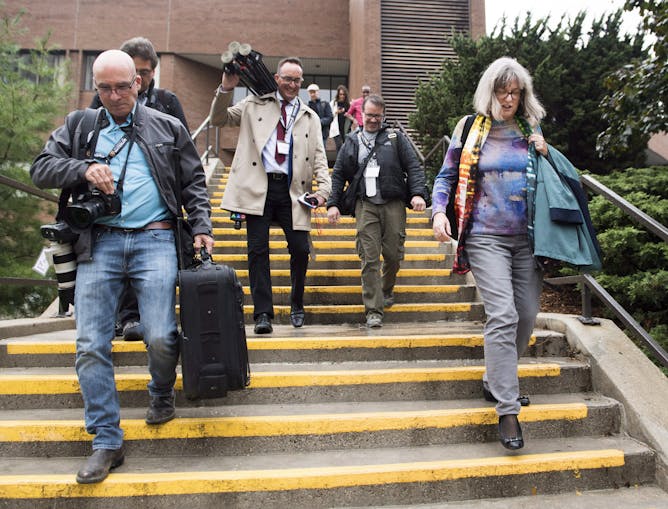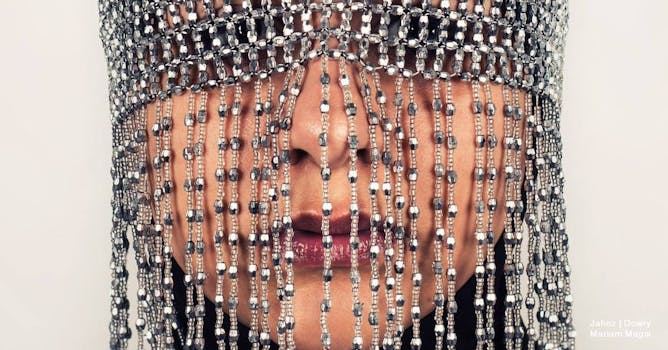|
There was a surprising subtext to the announcement this week that Canada’s Donna Strickland had won the Nobel Prize for physics. Despite this world-class honour, Strickland is not yet a full professor. Today in The Conversation Canada, Michelle Stack of the University of British Columbia delves into the data on how women only make up 27 per cent of full professors – and in the STEM research areas, the numbers are much lower.
The announcement this week from new Quebec Premier-elect François Legault that his government will invoke the notwithstanding clause to ban public servants from wearing religious symbols may have surprised many Canadians, but as Hannah Dick of Carleton University explains, it’s a policy that other Quebec governments of different political stripes have considered before.
A new study has shown that poor pregnant women who are able to be cared by midwives have healthier babies. Nazeem Muhajarine of the University of Saskatchewan and Daphne McRae of the University of British Columbia give us the details of their research published this week in the British Medical Journal Open.
And finally… Nadiya Ali of York University takes us inside a fascinating art exhibit called (Mus)interpreted that “provides alternative perspectives into the diverse realities of Muslim women.”
Regards,
|

Noble Prize winner Donna Strickland, right, is followed by media to her lab in Waterloo, Ont., on Oct. 2, 2018. Strickland is among three physicists who were awarded the prize for groundbreaking inventions in the field of laser physics.
THE CANADIAN PRESS/Nathan Denette)
Michelle Stack, University of British Columbia
What Strickland achieved is impressive. But it isn’t a sign that the patriarchy is being smashed.
|

Demonstrators take part in a protest against Quebec’s proposed Values Charter in Montreal in September 2013.
THE CANADIAN PRESS/Ryan Remiorz
Hannah Dick, Carleton University
If Quebec's new premier succeeds in passing 'secularization' legislation by wielding the notwithstanding clause, it will come at the cost of civil rights and the protective capacity of the Charter.
|

A study published in the British Medical Journal Open reports that midwifery patients were 41 per cent less likely to have a small-for-gestational-age baby compared to patients of obstetricians.
(Shutterstock)
Nazeem Muhajarine, University of Saskatchewan; Daphne McRae, University of British Columbia
New research shows that midwifery care is not just for the wealthy -- it has health and cost benefits for vulnerable women and provincial governments must act to increase their access.
|

Mariam Magsi, Jahez/ Dowry, (2018)
Mariam Magsi/(mus)interpreted
Nadiya Ali, York University, Canada
A visual art exhibit challenges inaccurate stereotypes of young Muslim women and instead presents complex and strong portraits.
|
Politics
|
-
Jak Allen, University of Kent
The longstanding, historical notion of the judge as an independent, non-partisan interpreter of the law may never truly recover.
-
Kenneth Armstrong, University of Cambridge
A change in government could open the path for remaining in the EU. But would it resolve the matter once and for all?
|
|
Science + Technology
|
-
Pauline Salis, Sorbonne Université; Bruno Frédérich, Université de Liège; Vincent Laudet, Sorbonne Université
Our children all know the little clownfish Nemo, star of the Pixar film. But why does he have three stripes, rather than one or two? Developmental and evolutionary biology are revealing the answer.
|
|